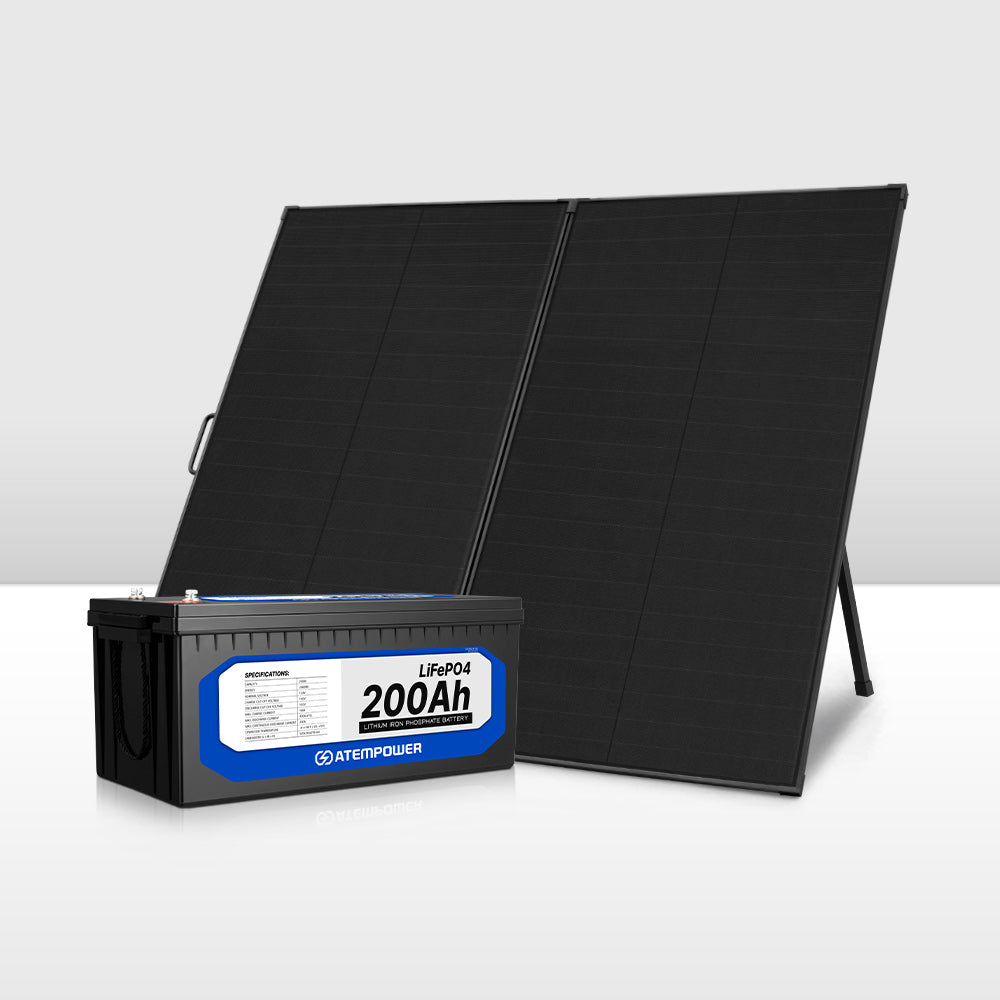

The Benefits of a Solar Lithium Battery
Unlock the full potential of solar power with the best lithium battery for solar energy. These batteries are safer and more efficient than lead acid.
They can be used as an off-grid backup battery and offer a high energy density. They can also handle more cycles and are less expensive than lead-acid batteries.
Cost-Effectiveness
A solar battery is a big investment, and it is important to find the right one for your needs. If you want to avoid problems, Solar Lithium Battery choose a company with excellent customer service and a reputation for quality. A battery that works well will last longer and save you money in the long run.
The lifespan of a battery depends on how often it is used and how much energy it stores. It is important to get your batteries checked regularly by a professional to avoid damage and maximize longevity. In addition, make sure to charge your battery at a slow rate and keep it ventilated to prevent overcharging. If you have a grid-tied system, you can easily check the state of charge with your utility meter or an app.
Lithium solar batteries are more cost-effective than other types of batteries. They can store more energy and have a longer lifespan than lead-acid batteries, making them the perfect choice for your solar power system. You can even use them to replace your current backup generator if you live in an area with frequent outages.
Solar battery storage is an excellent way to save on your electricity bills. It allows you to generate more energy than you consume, and it is a great option for homes that do not have solar net metering or for those who want to reduce their carbon footprint.
Long Lifespan
Solar lithium batteries have a longer lifespan than other types of solar battery. They also have an energy density that allows them to store more power in a smaller physical space. Additionally, they have a high round-trip efficiency rating. This means that they convert more of the energy you put into them into usable energy, making them a good choice for off-grid systems.
The longevity of a battery depends on how many times it is charged and discharged. It also depends on the environmental conditions where it is stored. Batteries don’t perform well in extreme temperatures, so it is important to keep them in a temperature-controlled environment. Excessive heat causes chemical reactions to accelerate, causing the battery to degrade faster than normal and leading to shorter lifespans.
One of the most common mistakes that solar homeowners make is overusing their batteries. Overusing a battery will decrease its lifespan and lead to premature replacement. To avoid this, solar owners should monitor their batteries and follow the manufacturer’s recommendations for maintenance. This includes testing their State of Charge and checking for overcharging.
Reliability
As with any electrical device, batteries will wear out over time. But if you choose high-quality solar lithium batteries from a reputable manufacturer, they can last for years and perform reliably around the clock. The lifespan of a battery depends on a variety of factors, including temperature, depth of discharge, charge and discharge rate, maintenance, and quality. It is also important to make sure the batteries are properly installed and stored in a ventilated area.
Solar lithium batteries have a longer lifespan than lead acid batteries and offer more usable energy per unit of volume, which reduces your costs and bills. Their cycle life is more than twice that of most lead acid batteries. The lithium iron phosphate (LFP) solar batteries Plico uses in its PV + storage systems have a rated Cycle Life of 10,000 cycles or 15+ years, whichever comes first, and can be recharged over 4,000 times at an 80% Depth of Discharge (DoD).
Solar batteries also require less maintenance than other types of batteries. They do not have to be topped up with water like lead-acid batteries, and the internal battery management system (BMS) automatically manages them for maximum performance. Unlike other types of solar energy storage, lithium batteries have an excellent round-trip efficiency rating, meaning you get more power back than what it took to store them.
Environmentally-Friendly
Solar lithium batteries are environmentally-friendly, unlike traditional flooded lead acid batteries. They don’t emit toxic gases and require less maintenance than other battery types, which is great for the environment. They also use less liquid to operate, which reduces water usage. These benefits make a solar lithium battery an excellent choice for off-grid power systems and homes that are energy-efficient.
Homeowners that choose to install a home energy storage system often do so because they want to live off the grid and avoid paying electricity rates that increase when the sun isn’t shining. Solar batteries allow homeowners to store excess energy produced by their solar panels, so they can Solar Lithium Battery continue using electricity even after the sun goes down and during peak electricity prices.
When choosing a solar battery for your home, it is important to consider its energy capacity and its ability to perform a full charge cycle. A good solar battery will have an internal battery management system that ensures the battery does not exceed its maximum capacity or 80% depth of discharge. Lithium iron phosphate (LiFePO4) batteries, such as those from Canbat, have a deep discharge rating of up to 100% DoD and are capable of performing more than 3,500 cycles at 80% DoD.
Lithium solar batteries are the current trendy option for solar power systems, but they aren’t necessarily the best for everyone. There are a number of other factors to take into consideration, including whether you’re planning on going off-grid or simply want to reduce your dependence on fossil fuels.

